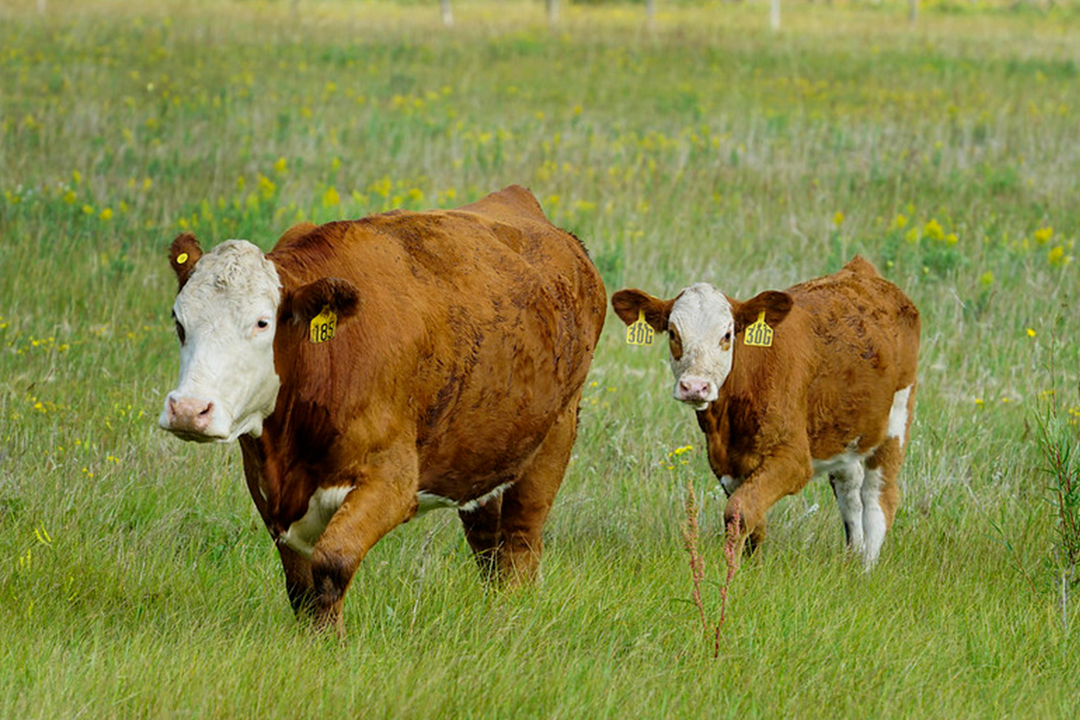
LFCE joins Canadian Roundtable for Sustainable Beef
The Livestock and Forage Centre of Excellence is demonstrating its commitment to advancing the livestock industry by joining the Canadian Roundtable for Sustainable Beef.
By Lana HaightIt’s a perfect fit, says Dr. Kris Ringwall (PhD), director of the University of Saskatchewan’s centre of excellence.
“We strive to improve livestock production in Canada and beyond by providing livestock and forage producers with new tools and techniques for healthy, sustainable and competitive growth,” said Ringwall.
“We align nicely with the Canadian Roundtable for Sustainable Beef’s objective of promoting sustainability throughout the Canadian beef industry through sustainability benchmarking, its voluntary certification framework and its sustainability projects.”
As a member of the roundtable, the LFCE is joining producer organizations, processors, retail and food service companies, non-governmental organizations, food and agriculture businesses, and other academic institutions. Formed in 2014, the roundtable membership sits at more than 100, with 67 of those members having a vote at the table.
“Not just anybody can be a member,” said Anne Wasko, chair of the roundtable’s council.
“You must be able to show that you are going to stand behind the philosophy of continuous improvement and sustainability in the beef industry and that you are helping to advance that from your place in the industry, whether you are a producer or a packer or a retailer or a university.”
The roundtable has identified five principles of sustainable beef production: natural resources, people and the community, animal health and welfare, food, and efficiency and innovation. Having the LFCE and other academic institutions at the roundtable supports the piece of continuous improvement through research, innovation and technology, says Wasko.
The roundtable’s reach extends beyond Canada’s borders as it is a member of the Global Roundtable for Sustainable Beef.
“The rest of the world is looking to Canada as one of the leaders of beef sustainability in the world. Our certification program, where we put a label on sustainability products for the retail and food service industries, is the first in the world. So, this is an exciting time to show the university’s support in beef sustainability,” said Wasko.
Being a member is an honour and a point of pride for the university, says Ringwall.
“It’s such a great opportunity for us because it’s a worldwide roundtable. We’ve all grown up with countries and borders but the food industry is so much more. That’s what the roundtable brings.”
The LFCE seeks to provide the kind of leadership needed to advance the livestock industry. As a world-class complex of field and science laboratories that brings together every link of the livestock production chain, the centre’s innovative research will provide science-based answers to industry’s most pressing questions.
“By being part of the roundtable, we will have access to others involved in the beef industry — from the producers to retailers and processors — to ensure that the research that is conducted at the LFCE is relevant, that we are on the main road and not off on some side path,” said Ringwall.
The council approved the LFCE’s application to be a voting member at its August 2019 meeting.

